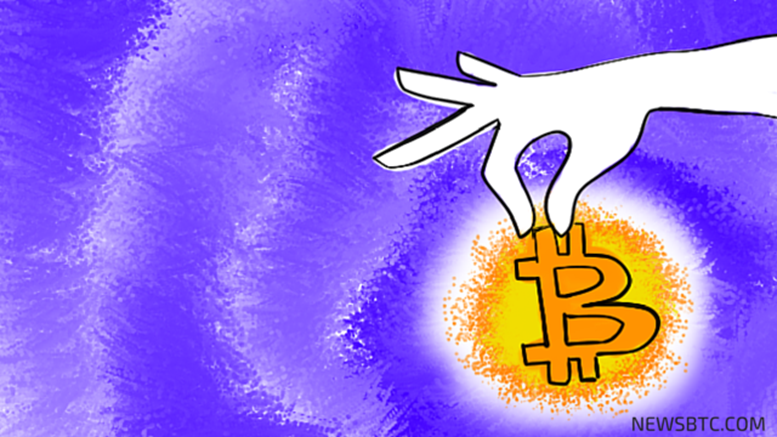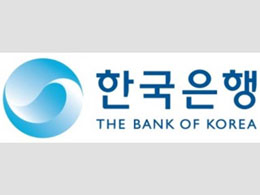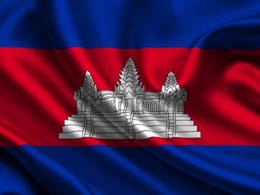
Investors are Starting to Recognize Bitcoin as an "Independent Currency"
Since the beginning of 2015, an increasing number of central banks and government agencies have begun to show interest in bitcoin and digital currencies. Investment Strategist Philipp Vordran believes that countries are considering turning their currencies into crypto-currencies. "Countries are thinking about turning their currencies into crypto-currencies. I don't know if that's a smart idea. Once customers are used to them they might think about using independent currencies like Bitcoin instead of currencies issued by central banks," said Vordran. Several central banks including the Bank....
Related News
When it comes to getting at very least some recognition, one would think banks of all entities would be the last to join the group. The Bank of Korea, however, might be surprising us. Reports indicate that the South Korean central bank and issuer of the country's won currency may soon recognize bitcoin as a currency as opposed to a hobby, according to BusinessKorea. Despite the progress, the bank is still of the mindset that the digital currency won't do terribly well long-term: "The BOK said on December 3 that it made a report on bitcoins and is pondering a measure to open the virtual....
Sydney-based Bitcoin exchange Independent Reserve has added New Zealand Dollars to its multi-currency order book. Basically, this means that New Zealand residents can now trade Bitcoin using their home currency. The addition comes a month after the Bitcoin exchange added AUD to the platform, making it the first Australian exchange to facilitate Bitcoin trading in both U. S. and Australian dollars. New Zealand residents, interested in trading Bitcoin, can now deposit and hold an NZD balance in their Independent Reserve account to trade the virtual currency. CEO of Independent Reserve Adrian....
While the recent capital controls in Greece have led to an influx of bitcoin transactions, the cryptocurrency is just starting to gain appeal in Argentina, which has had capital controls since 2011. The South American nation has been restricted access to foreign currency while double-digit inflation and an undervalued currency has led to weaker business activity. Because of that, small businesses are starting to recognize the appeal of bitcoin in the international sphere and how it can potentially save their profits. For one, online merchants can be able to gain profits in bitcoin instead....
What is even more interesting regarding these bills is how Bitcoin is now labeled as “asset-like values which can be used in making payments and digital transfers”. This means Bitcoin is well underway to be recognized as an official currency in Japan, although there is still a long road ahead. Bitcoin puts on many different hats, depending on which country it is related to. Some states see Bitcoin as a currency, others as a commodity, and most regions don’t even recognize Bitcoin at all. Things are moving in the direction of recognizing this disruptive technology as a currency with similar....
The Phnom Penh Post is reporting that the Cambodian government, or at least the central bank there, will not recognize Bitcoin as a currency. “[The National Bank of Cambodia] will not recognize a currency that is not issued or backed by a government,” director-general Chea Serey said in a statement on Wednesday. “Bitcoin’s issuer is not a central bank of any jurisdiction.” Serey also asserted that the consequent lack of regulation exposes customers to theft and fraud, “which has proven to be a daily occurrence in the virtual world.” The CoinTelegraph would like to see Serey’s proof, not to....





